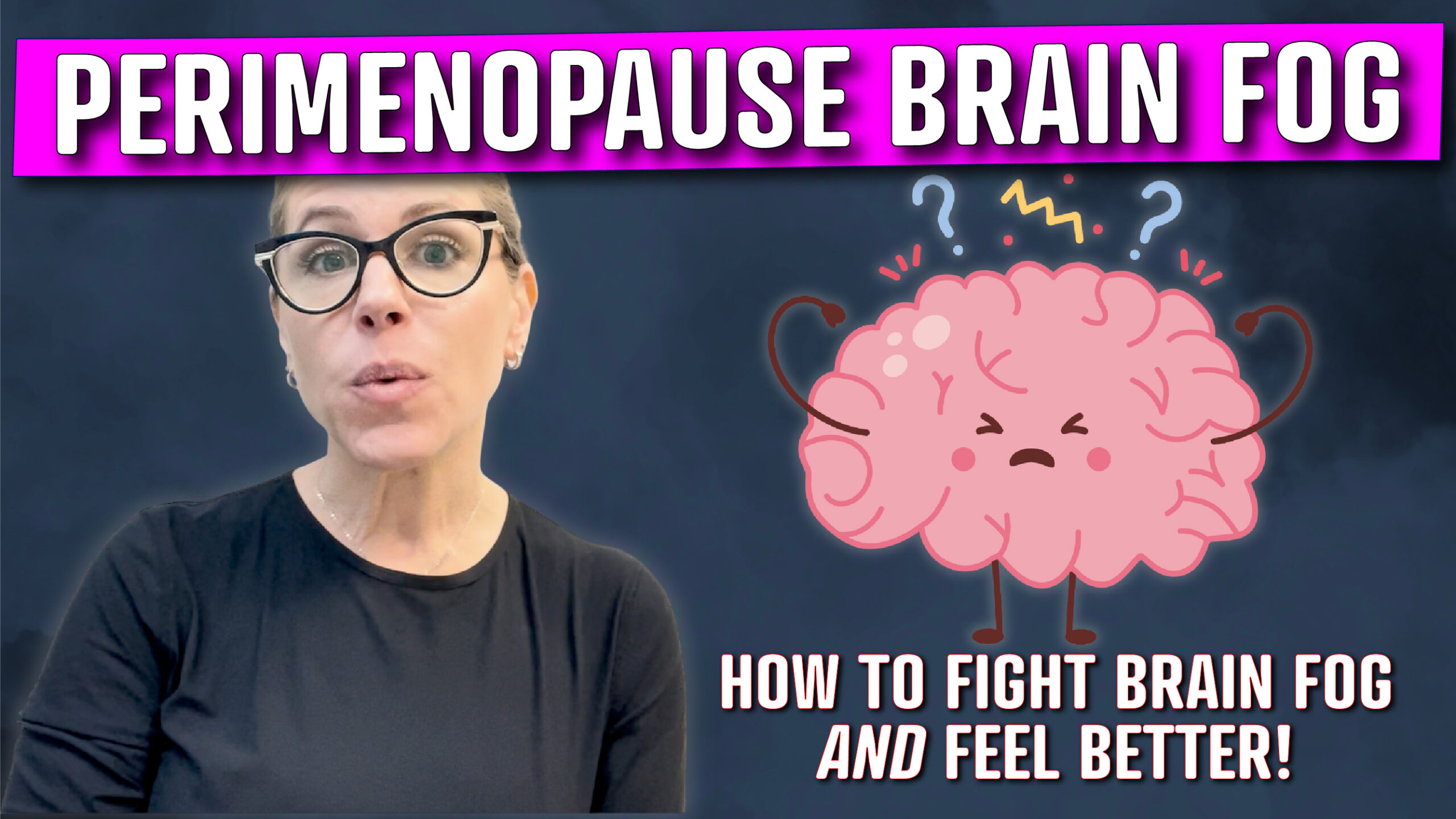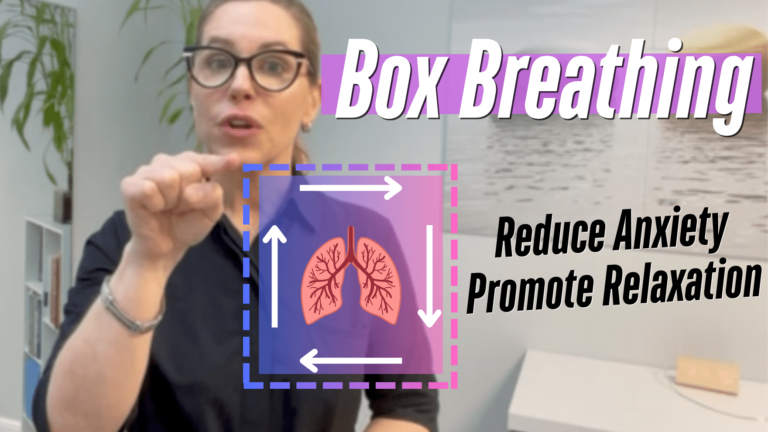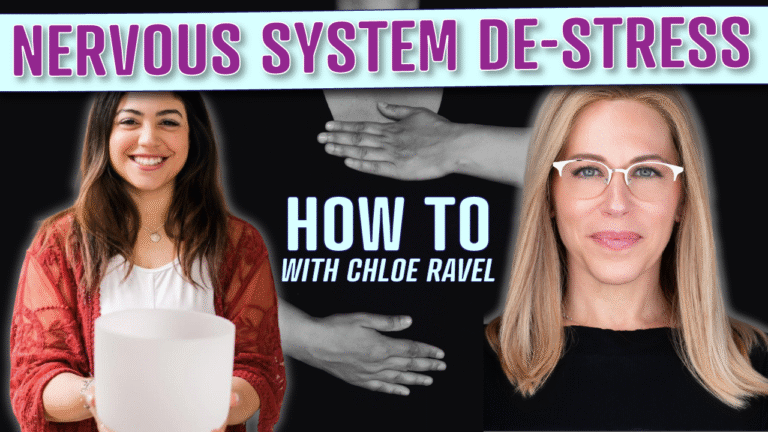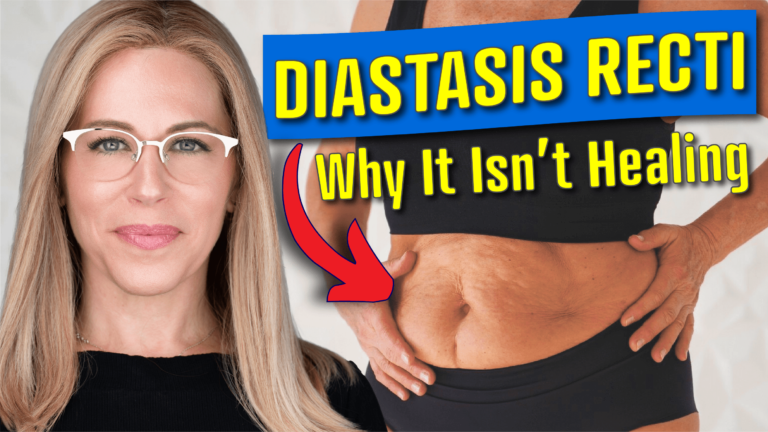If you’ve ever walked into a room and forgotten why you were there, struggled to remember a word mid-sentence, or felt like your thoughts were swimming in molasses—you’re not alone. Many women experience perimenopause brain fog, a frustrating but very real symptom that can show up during the hormonal changes of midlife.
While brain fog isn’t a medical diagnosis, it’s a clear sign that something in your body is out of balance. Understanding the causes—and knowing the difference between brain fog and dementia—can help you take steps toward feeling like yourself again.
What Is Perimenopause Brain Fog?
Perimenopause is the transitional stage before menopause when estrogen and progesterone levels fluctuate. These hormonal shifts can affect the brain’s neurotransmitters, leading to forgetfulness, difficulty focusing, and a general feeling of mental haze.
Unlike dementia, which typically appears later in life and affects memory function in a more severe, progressive way, perimenopause brain fog is usually temporary and reversible.
A simple example:
- Brain fog: Forgetting where you put your keys.
- Dementia: Forgetting what keys are for.
Common Causes of Brain Fog in Perimenopause
While hormone changes are a major driver, they’re not the only factor. Other common contributors include:
- Blood sugar dysregulation
- Poor sleep quality
- Chronic stress
- Inflammation
- Nutrient deficiencies (especially B vitamins, omega-3s, and magnesium)
How to Improve Perimenopause Brain Fog
You don’t have to just “live with it.” There are proven ways to reduce symptoms and regain mental clarity:
- Consult a hormone-aware healthcare provider to discuss whether hormone therapy might be right for you.
- Prioritize sleep—aim for 7–9 hours per night.
- Exercise regularly to improve circulation and brain oxygenation.
- Eat an anti-inflammatory diet rich in colorful vegetables, healthy fats, and lean protein.
- Manage stress with practices like meditation, yoga, or deep breathing.
The Bottom Line
Perimenopause brain fog can be unsettling, but it’s your body’s way of signaling that it needs support. By addressing the underlying causes—whether hormonal, nutritional, or lifestyle-related—you can lift the haze and get your mental clarity back.
You’re not “going crazy,” and you’re definitely not alone. Listen to your body, get curious about your symptoms, and take proactive steps toward better brain health.
Video Timestamps
0:00 – Introduction: Is brain fog real?
0:36 – Perimenopause Brain Fog vs. Dementia
1:02 – Signs of Perimenopause Brain Fog
1:31 – Causes of Perimenopause Brain Fog
2:10 – How to Improve Perimenopause Brain Fog
2:36 – Final Thoughts: Listen to your body
Book your FREE health and wellness 15-minute discovery call at www.pelvicorerehab.com.





